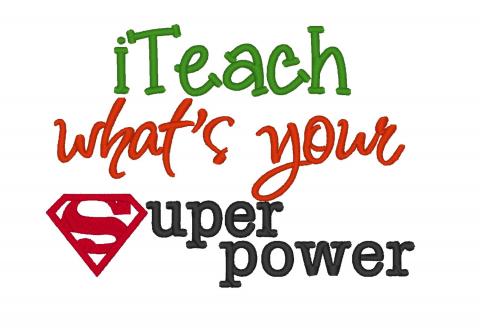Nurturing Growth and Success: The Importance of Mentorship for High School Seniors
Jun 19,2023
As high school seniors transition into the next phase of their lives, the support and guidance provided by mentors can play a pivotal role in their personal and academic development. Mentorship offers invaluable opportunities for seniors to gain insights, navigate challenges, and make informed decisions about their future. In this article, we explore the significance of mentorship for high school seniors and how it can positively impact their journey towards success.
- Guidance in Decision-Making
High school seniors face a myriad of decisions, including selecting a college or university, choosing a major, and exploring potential career paths. A mentor can provide valuable guidance during this critical decision-making process. They can offer insights into different educational options, share personal experiences, and help seniors weigh the pros and cons of various choices. With their knowledge and expertise, mentors empower seniors to make well-informed decisions aligned with their interests and aspirations.
- Emotional Support and Encouragement
The senior year of high school can be a time of immense pressure, uncertainty, and anxiety. Having a mentor who understands these challenges and provides emotional support can make a significant difference. Mentors offer a safe space for seniors to express their concerns, fears, and aspirations. They provide reassurance, encouragement, and help seniors navigate the emotional ups and downs of this transitional period. This support fosters resilience, confidence, and a sense of well-being among high school seniors.
- Networking and Connections
Mentors can help seniors build valuable networks and connections that can positively impact their future endeavors. Through their own professional networks, mentors can introduce seniors to individuals in their fields of interest, provide opportunities for internships or job shadowing, or offer insights into industry trends and opportunities. These connections can open doors, provide valuable insights, and facilitate the exploration of potential career paths.
- Personal and Professional Development
Mentorship serves as a catalyst for personal and professional growth. Mentors can help seniors identify their strengths, talents, and areas for improvement. They can offer advice on setting and achieving goals, developing effective study habits, and honing important skills such as time management, leadership, and communication. Mentors also provide constructive feedback, helping seniors develop self-awareness and the ability to adapt and thrive in various situations.
- Building Self-Confidence and Motivation
Positive mentorship relationships have the power to instill confidence and motivation in high school seniors. Mentors serve as role models, sharing their own experiences of overcoming challenges and achieving success. By providing guidance, encouragement, and belief in a senior's potential, mentors inspire them to take risks, set ambitious goals, and pursue their passions with determination. This increased self-confidence and motivation can significantly impact seniors' academic performance, personal growth, and overall sense of purpose.
- Long-Term Support and Continued Connection
Mentorship does not end with high school graduation. A strong mentor-mentee relationship can extend beyond high school, providing ongoing support during the college years and beyond. Mentors can offer guidance on navigating college life, choosing internships or study abroad programs, and transitioning into the workforce. The bond established during the senior year can serve as a lifelong connection, offering seniors a trusted resource as they navigate future challenges and opportunities.
Mentorship plays a crucial role in the lives of high school seniors, offering guidance, support, and encouragement during a transformative period. The impact of mentorship extends far beyond the senior year, empowering students to make informed decisions, develop important skills, and build meaningful connections. Mentors serve as trusted advisors, role models, and advocates, nurturing the growth and success of high school seniors as they embark on their academic and professional journeys. The importance of mentorship cannot be overstated, as it contributes significantly to the holistic development and future success of these young individuals.






